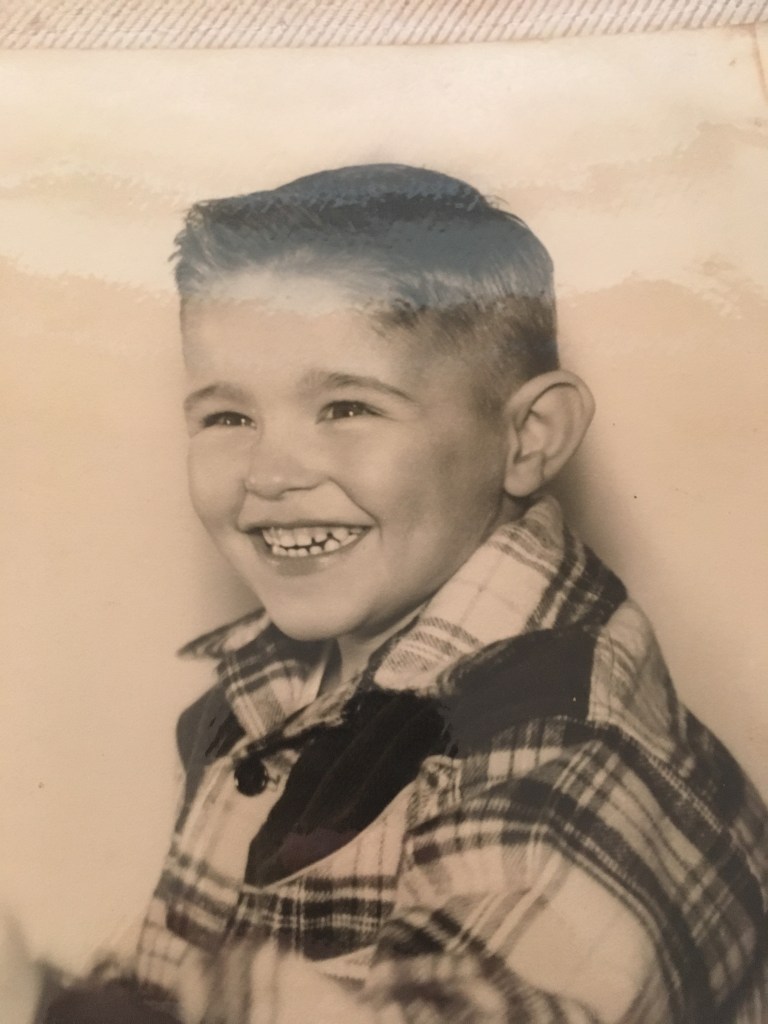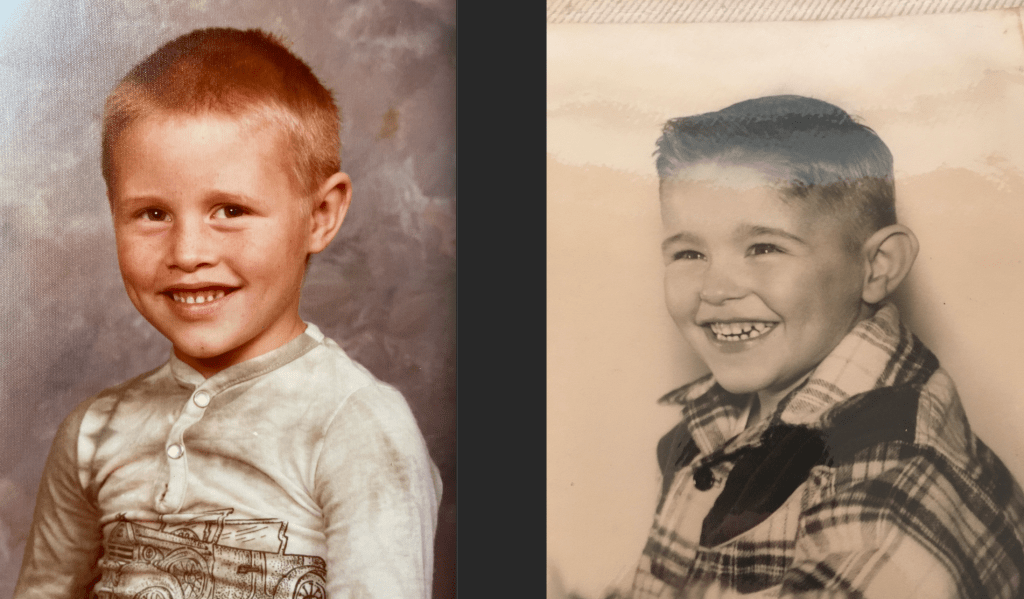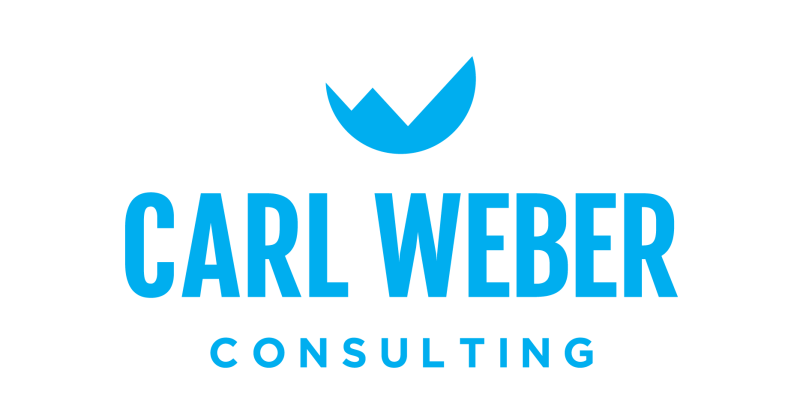It was in April of 2019 when my brother called with the news.
My father passed away.
I knew he was sick.
I chose not to reach out.
It had been years since we spoke.
I would turn 50 later that year.
That equated to about 45 years of anger.
During the two-plus hour drive with my brother, I counted.
9 times.
Since I was a child, I only saw or interacted with him 9 times.
That’s it. 9 times.
During that drive, my mind wandered to me as a child, angry, sad, and feeling less than.
How could I feel to much for someone that was essentially a stranger?
The closer we got, the more these emotions rose to the surface.
We found the apartment.

Small. Crowded. Cluttered. Messy.
Filled with medical supplies.

Two pages of medicine.
PTSD. Anxiety. Depression.
A hard life, especially at the end.
A story told through mountains of paperwork.
A high school car accident that killed his mom (he was driving).
An alcoholic father that never let him forget what he did.
A sniper in an unpopular war.
A divorce (one of many).
A lifetime of struggles.
A lifetime of untreated illness from childhood and military emotional scars.
A few photos.

A smile I had never seen.
A young child before it all happened.

A face before all the pain.
I went though a program after that time in the apartment where you look at a picture of yourself as a child and visualize that being, and it’s true essence. During that program, I got to sit down with my earlier self, and just sort of hang out, connect, and reconcile with that earlier version of myself.
This part of that program was about empathy, but instead of starting with others we start with ourselves. Reconciliation from within first.
I got to meet and connect with the version of me before all of my own emotional scars.
A few years later I found a song.
I hope you know
Papa Roach
You don’t have to say you’re sorry
You don’t have to live with the heartache you keep
‘Cause I don’t need no apologies
No apologies
Then I found the meaning behind the song.
I found the pictures again.
I saw that small boy, before everything else happened.
Empathy washed over me.
Life is hard, and his was especially hard.
Empathy started melting away all those years of anger.
As I write this, I began to visualize something new.
The two of us as kids.
Hanging out.
Smiling.
My younger self looking at him and saying those words.
I forgive you.
‘Cause I don’t need no apologies.





